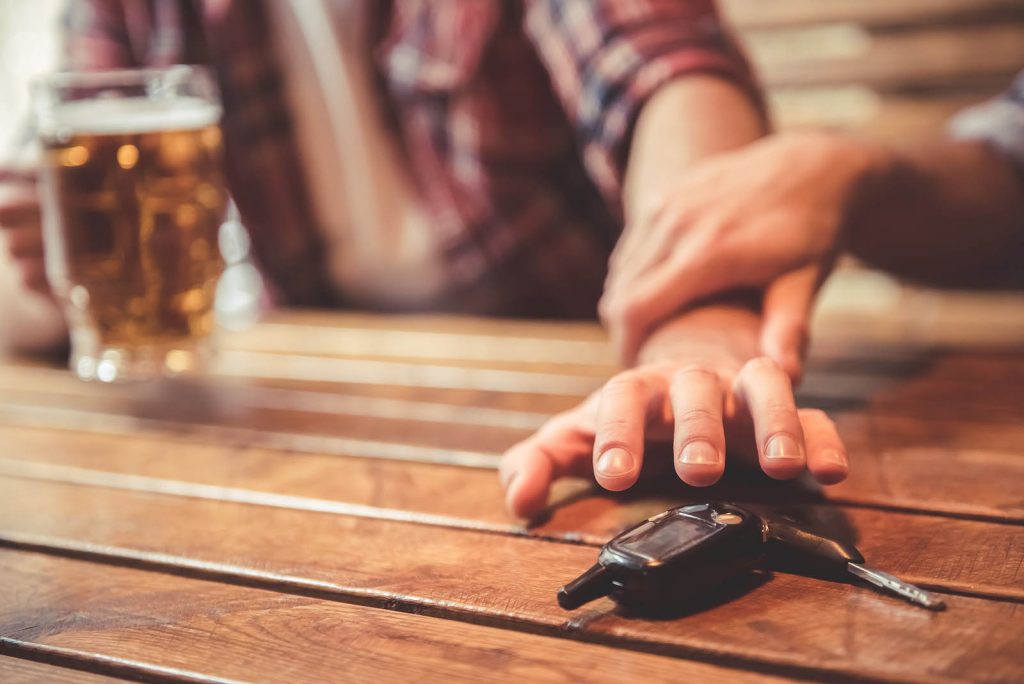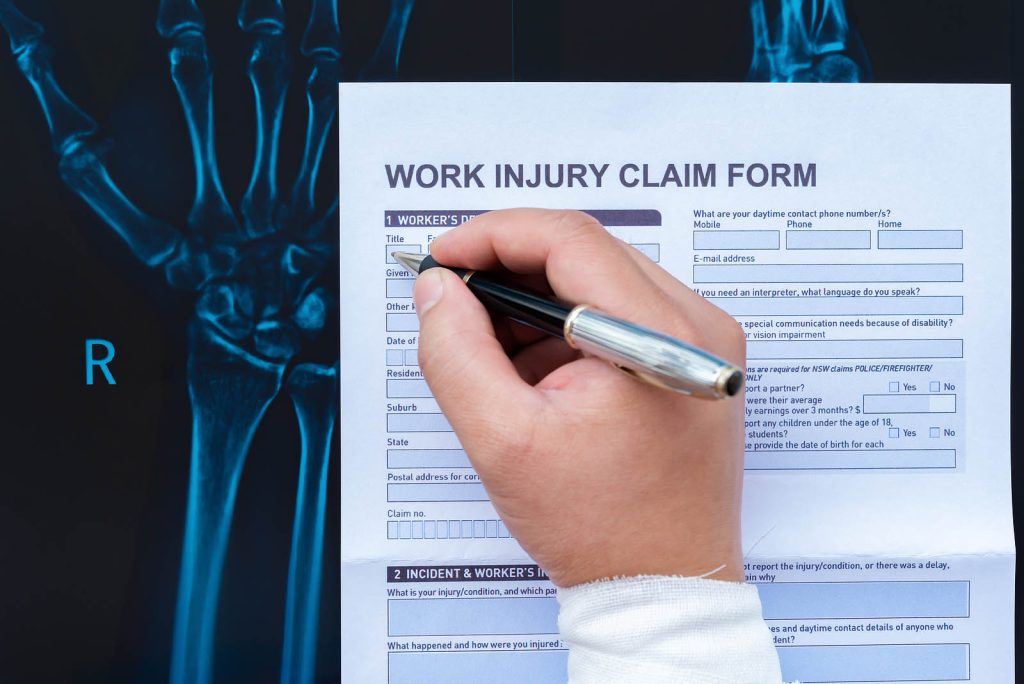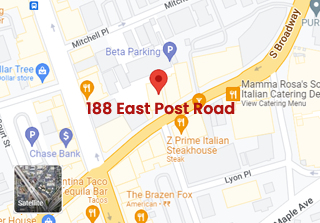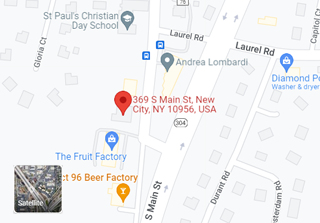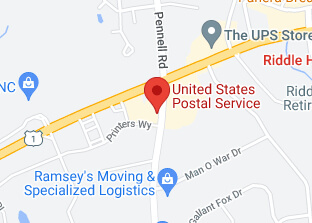If you’ve ever been pulled over by a New York police officer while you were driving, you may wonder why the officer made that choice. The law says that police officers who pull over motorists must have clear reasons for doing so. They must be able to tell the court why they made the stop if the case goes to trial.
If a police officer cannot show why he or she made the traffic stop, then the case is not likely to result in a conviction.
The Standard for New York Traffic Stops: Reasonable Suspicion
For a police officer to have justification for a traffic stop, the officer must have a reasonable suspicion that illegal conduct is occurring. This does not mean that the officer just “has a feeling” that the driver is doing something wrong. It means specific observations that lead the officer to believe that the law is being broken.
Sometimes this could be something as simple as a car with a broken headlight. Other times, it could be a driver who is crossing over into incoming traffic, appearing intoxicated.
The Next Step: Field Sobriety Test
Even if the officer stops a car for a broken headlight, the officer may develop a belief that the driver is intoxicated. This could be based on the driver’s slurred words, the smell of alcohol on the driver’s breath or another reason. The officer then may conduct a field sobriety test.
The field sobriety test can actually consist of a number of tests, including a breath test for alcohol content; walking in a straight line; counting backwards; touching one’s nose while the eyes are closed; reciting the alphabet; and tracking a moving flashlight with one’s eyes. The police officer is testing the motorist for the effects of alcohol or drugs, but also gathering evidence that could be used in court.
The Standard for Arrest: Probable Cause
When an officer decides to arrest a motorist for DWI, the officer must have probable cause for doing so. Probable cause means that the officer had a reasonable cause to believe that the driver committed a crime. Failing the field sobriety test could be probable cause for an arrest.
But if the officer did not have the reasonable suspicion required to pull the driver over in the first place, any arrest that subsequently occurs could be invalid.
If You Have Been Arrested for DWI
If you were arrested for DWI after a traffic stop, the police officer is required to have had reasonable suspicion for the stop and probable cause for the arrest.
Speak with an attorney who is experienced in defending people accused of DWI. The more knowledgeable the attorney, the more chance the attorney has of identifying errors the police officer might have made.



